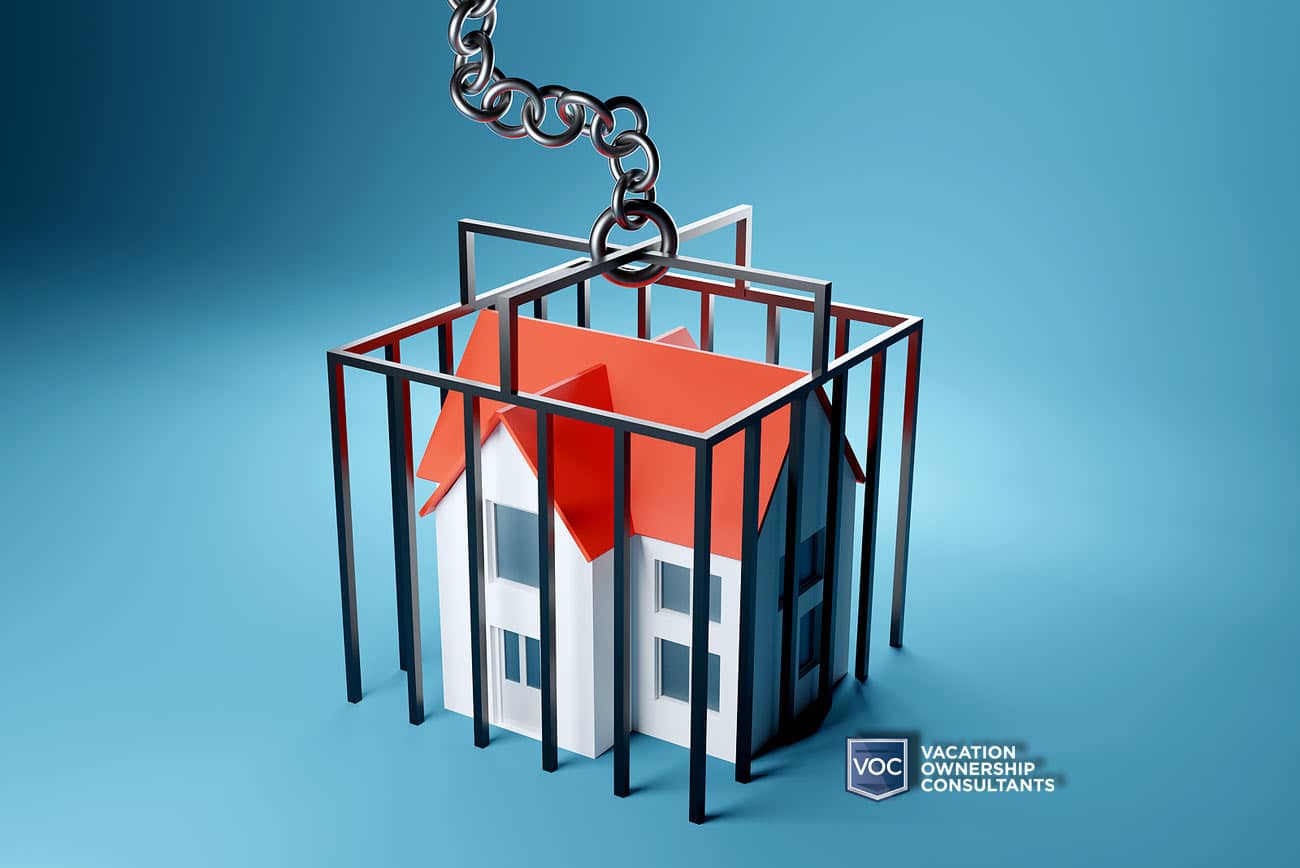Earlier this month, the Attorney General of Connecticut (AG), William Tong, and the Department of Consumer Protection (DCP) issued a public warning regarding potential timeshare resale traps in the state. In the after effects of the COVID pandemic, it appears a growing number of con artists are looking to take advantage of grounded vacation owners. So if you’re looking to offload your contract in hopes of a return, you might want to think things through.
According to The Journal Inquirer, the AG even went as far as telling potential buyers to beware. This is because the state’s concern doesn’t just lie in resale scams. Illegal transfers can also place an average consumer in an awful situation. Aside from tricking vacation owners into handing over thousands to get rid of the property, unethical operations can also turn around and sell fake timeshare deeds for profit.
COVID-19 Has Trapped Timeshares Owners
If you take the time to think about the depth of some of these scams, you can easily see why consumer protection agencies are concerned. With thousands of timeshare owners struggling to afford their perpetual payments, many will be listening to offers to escape the financial burden. In fact, the state has already reported a growing number of complaints from timeshare resale traps.
Although the DCP and AG went on to say there are some resale companies out there that have become popular, nothing is actually guaranteed. “Some work hard to promote and sell or rent timeshares, [but] many ‘resale’ companies will use fraudulent gimmicks and do little to actually sell the timeshare interest,” said Tong. In other words, If selling timeshares was simple, people wouldn’t be auctioning their contracts on eBay for pennies or trying to give them way on Craigslist.
Is Timeshare Resale Anything But a Trap?
While the Department of Consumer Protection and the AG’s Office did say not all companies are legitimate and that some have “become popular”, they didn’t list any. Rarely will resale ever be a surefire bet. Sadly, many buyers see it as a viable option without any standing evidence. In most cases, it’s what the salesperson told them.
Nonetheless, we’re glad the AG’s Office and consumer protection agencies are paying attention to the sales deception that’s unfolding during this pandemic. According to the complaints their offices have received, it appears vacation owners haven’t exactly ran into much luck over the past few months. Apparently, predatory agencies have been soliciting them to either buy timeshare interest, put timeshares in a travel club or help them donate it.
While the initial misleading lingo is uncommon, the resale scam itself isn’t anything new. Owners are often told buyers are lined up and they only have to hand over a few fees to make it official. At the end of the day, scams are predicated on consumer hope. The problem is, many owners think they’re in the clear when the property is still in their name. The fees that surmount can be devastating.
How to Combat Timeshare Resale Traps.
Michael Seagull, the Commissioner of the DCP, had this to say. “Be careful before accepting an invitation to attend a meeting or to receive a free lunch while learning about timeshare resales. At one of these events, you may be pressured to pay a large upfront fee and only later learn that you have received very little in return.”
According to the Attorney General, one of the best things you can do is ask your timeshare resort if they offer a resale program. If you must go with a third party option, then you have to be cautious with upfront fees. If you’re able to obtain proposals from other companies or explore additional options, then do it. Those in uncomfortable territory can always hire a real estate broker to help.
“Buying or selling a timeshare is a real estate transaction. Treat it with the same level of caution as you would buying or selling a home. Do your homework before working with a resale or transfer company, and check for competing quotes and references,” said Tong. Even though it most certainly is not a real estate transaction, caution is definitely warranted. A wrong turn will be costly. He close by saying, “Steer clear of anyone requiring up-front fees. If it sounds too good to be true, it probably is.”
Don’t Get Stuck in a Timeshare Trap.
In the end, it’s important you take this process seriously. Don’t let your emotions or the lure drive your decision-making process. Ask as many questions as you can before signing anything and make sure all promises or guarantees are in writing. Far too many consumers hand over credit card numbers without this protection.
If you feel as though you may have fallen for a timeshare resale trap in Connecticut, you can call 1-860-808-5318 or email dcp.complaints@ct.gov. If you’d like more information on ending your timeshare obligation you can always schedule a free consultation with one of our specialists or fill out a qualification form below.







